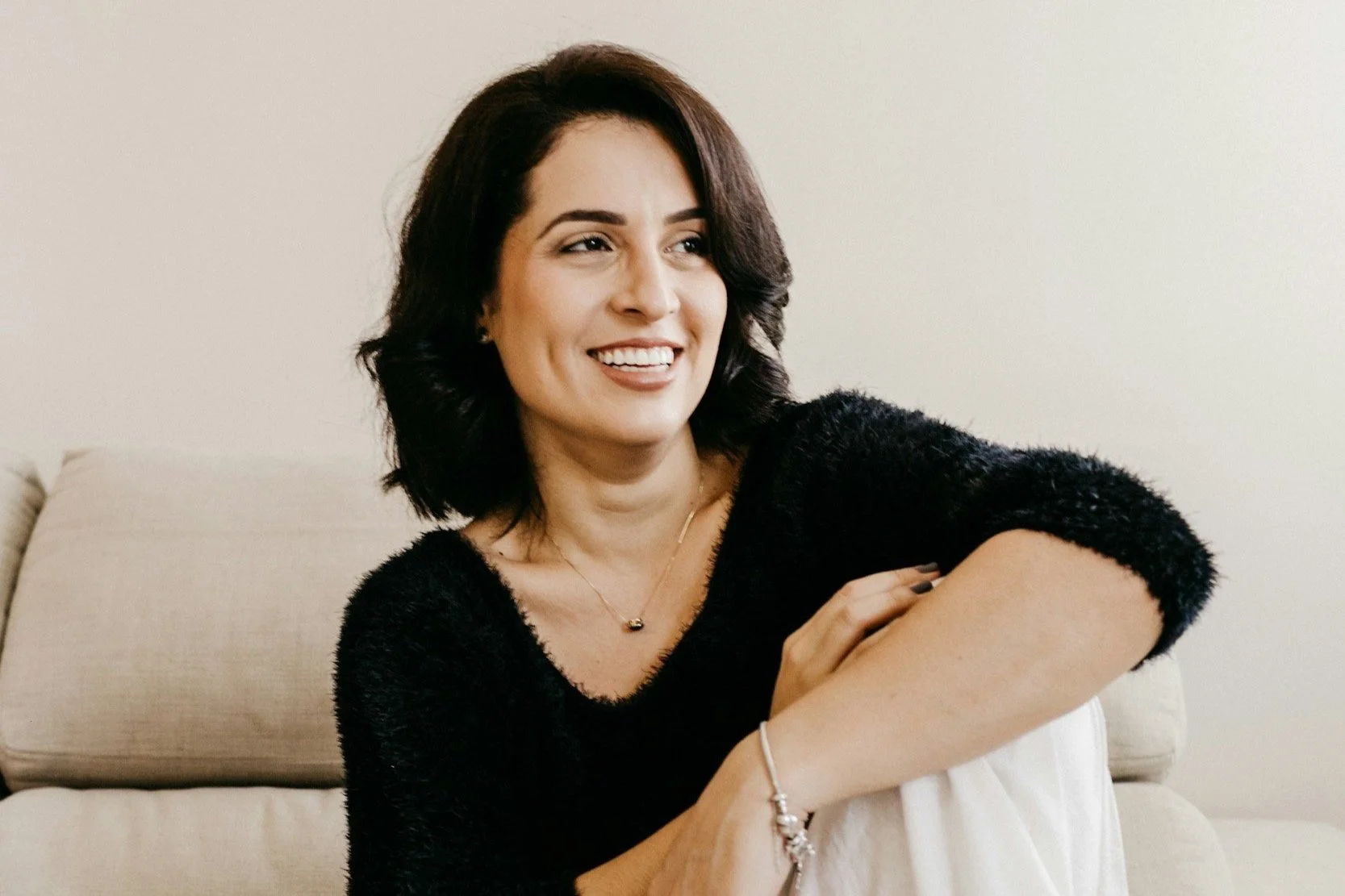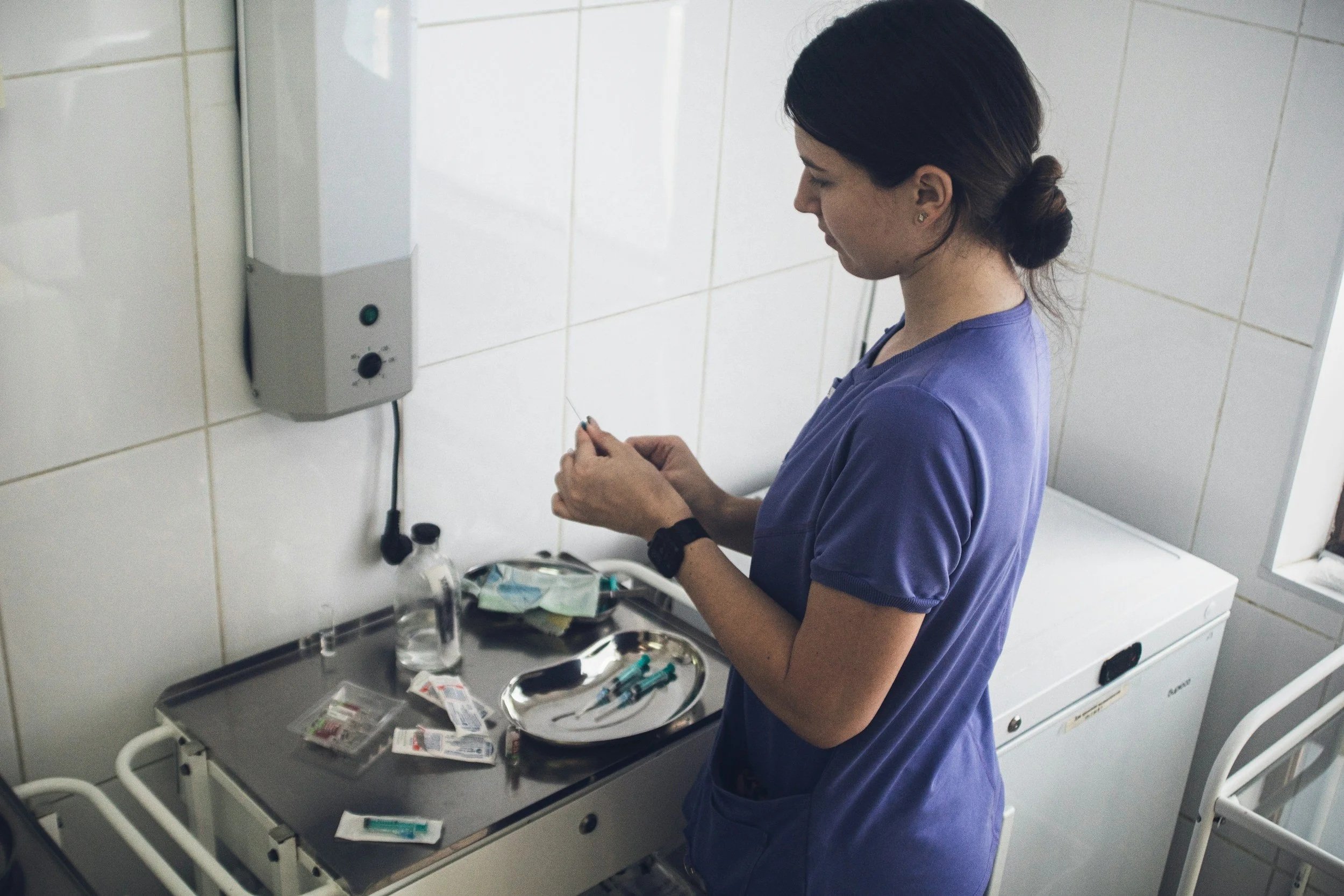Donating eggs helps couples who cannot conceive on their own fulfill their dream of having a child, but the decision is an extremely personal one. While it can be incredibly rewarding, there are many parts to consider. If you’ve been thinking about donating your eggs, you may be wondering: am I even eligible?
It’s true that in order to donate your eggs, you need to meet certain criteria. Egg donor qualifications are set not only by donation agencies themselves, but also by the FDA (to lower risk of infectious disease transmission) as well as the American Society for Reproductive Medicine (ASRM), to ensure that donors and recipients alike are protected. In addition, there are also emotional considerations.
Deciding if egg donation is right for you
The decision to donate your eggs is about more than just being comfortable with the medical procedure - it’s also a deeply personal, emotional decision. So when considering whether or not egg donation is right for you, it’s important to ask yourself - what are you hoping to get out of this experience?
Typical egg donor programs offer cash compensation in exchange for the time and physical effort that goes into the donation process. While this may be attractive to some people, many women feel less excited about the idea of getting paid for their genetic material. If that’s the case, an alternative option is participating in a “split cycle” with a company like Cofertility. Through their Split program, they give women the opportunity to combine egg freezing with egg donation, by allowing them to freeze their eggs entirely for free if they give half of the retrieved eggs to a family that cannot otherwise conceive.
Regardless of which path you choose, the most important thing is to make sure donating your eggs is a decision that you can feel good about.
Health requirements
So, you’ve decided to donate your eggs. The next step is to ensure you are physically and mentally healthy enough to undergo an egg retrieval. You’ll receive numerous screenings that are designed to ensure your body is in tip-top shape and help mitigate risk, including:
Age - Most egg donation agencies accept donors ages 21-34, per ASRM guidelines. This is because, generally speaking, the older you are, the more challenging it may be for you to produce enough eggs during your donation cycle, and the quality of your eggs also declines with age. However, age requirements can vary depending on the clinic or agency you’re working with. For example, in order to participate in Cofertility’s Split program, you must be between the ages of 22-33.
Hormone Levels - Most programs will have your ovarian reserve checked to ensure you have enough eggs available. This is typically done with a simple blood test to measure your AMH (anti-mullerian hormone), which is also one indicator of how well your body may respond to the ovary-stimulating medications you’ll need to take during your cycle.
Genetic Screening - This is to ensure you are not a carrier of any genetic conditions that could potentially be passed to the donor-conceived child, such as cystic fibrosis, thalassemia, or spinal muscular atrophy. The intended father or sperm donor also undergoes the same genetic screening to ensure that there are no genetic red flags between both of your DNA, which, if there were, could result in a child being born with a chronic medical condition.
Medical and Family History Review - Similar to genetic screening, you’ll also undergo health screening to make sure you are healthy and capable of donating. In addition to reviewing your personal and family medical history, egg donors undergo a physical exam and screening for infectious diseases like HIV, Hepatitis B and C, among others, to make sure the donation process is safe for both you and the intended parents.
Psychological Screening - Psychological screening during egg donation is designed to ensure that you are A: donating with the right intentions (not just for cash compensation), and B: aware of the physical and emotional implications that come with egg donation.
Summary
Phew - we know that was a lot! But, by donating your eggs, you’re doing something truly incredible for another family. To learn more about the egg donation process, and even how to donate your eggs while freezing some for yourself for free, check out Cofertility.
Meera Shah, MD, FACOG, is a double board certified OBGYN and reproductive endocrinology and fertility specialist at NOVA IVF in Mountain View, California. She received her Bachelor's degree at UC-Berkeley and completed a post-baccalaureate research fellowship at the National Institute of Health Academy program. She attended Stanford Medical School and completed her residency training in obstetrics and gynecology at the University of California, San Francisco. She rounded out her training with a fellowship in reproductive endocrinology and infertility at Stanford University. She is an active member of the Pacific Coast Reproductive Society, American Society of Reproductive Medicine, and Bay Area Reproductive Society.
Considering egg freezing?
Check out Freeze’s free Compare Clinics tool - it includes pricing, locations, and more for US and international egg freezing clinics.



































